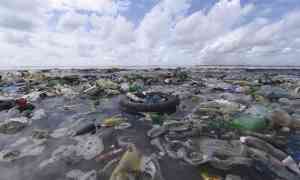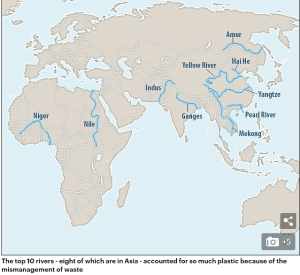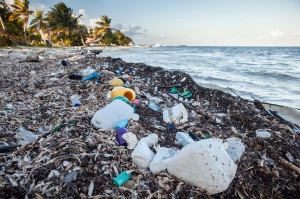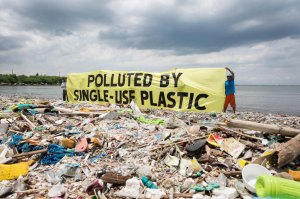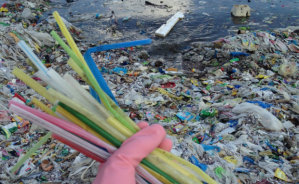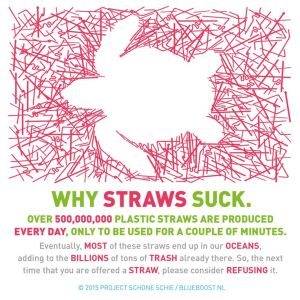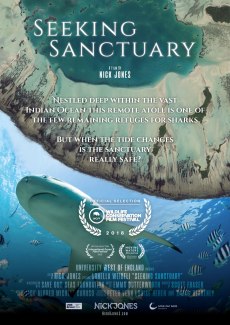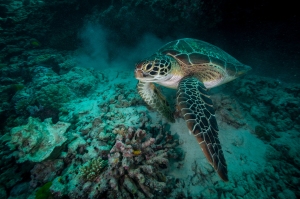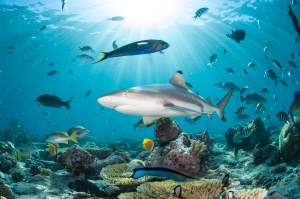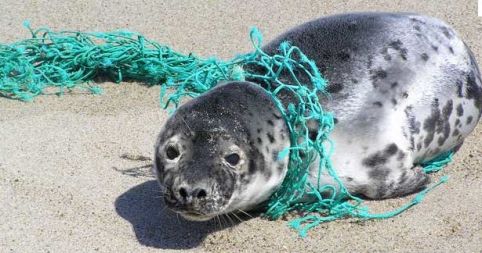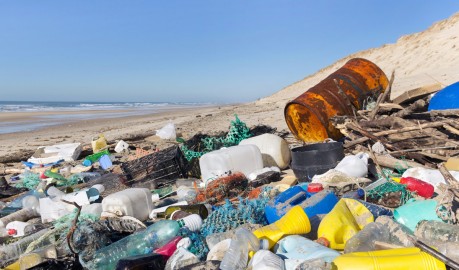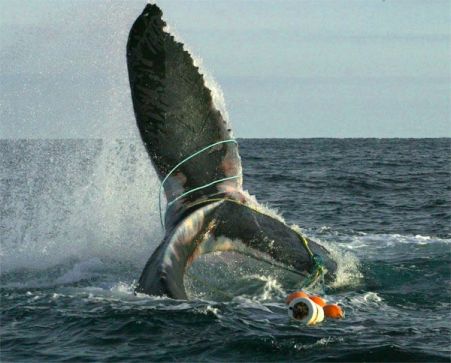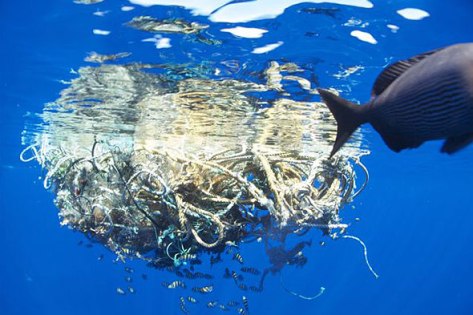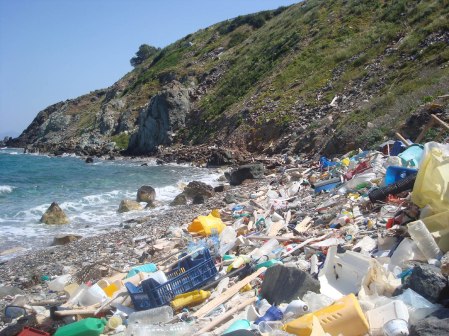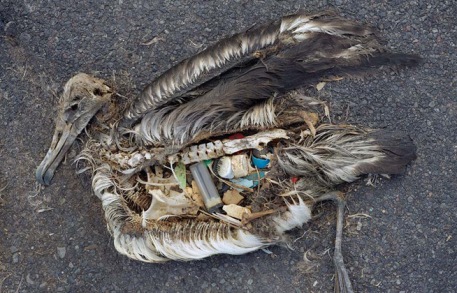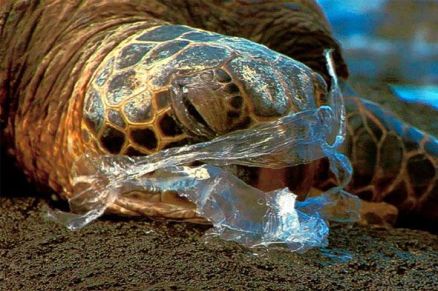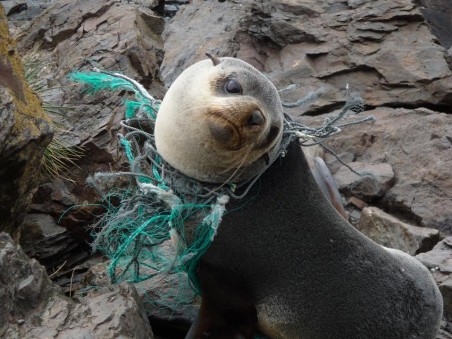Recent study indicates between 88 to 95% of the plastic polluting the world’s oceans pours in from just ten rivers, eight are in Asia and the remaining two in Africa. These rivers account for about five trillion pounds of plastic garbage that is floating in the seas.
The Ganges River in India is responsible for about 1.2 billion pounds, while the Yangtze has been estimated in previous research to dump some 727 million pounds of plastic into the ocean’s each year.
A combination of the Xi, Dong and Zhujiang Rivers (233 million lbs per year) in China as well as four Indonesian rivers: the Brantas (85 million lbs annually), Solo (71 million pounds per year), Serayu (37 million lbs per year) and Progo (28 million lbs per year), are all large contributors.
Christopher J. Gervais, FRGS
Twitter: @CJGERVAIS
Christopher@WCFF.org
Wildlife Conservation Film Festival
October 18-28, 2018 | New York, NY
http://www.WCFF.org
Facebook.com/WCFForg
Twitter: @WCFF_org
Instagram: @wcff_org
Vimeo.com/wcff
LinkedIn: Wildlife Conservation Film Festival
